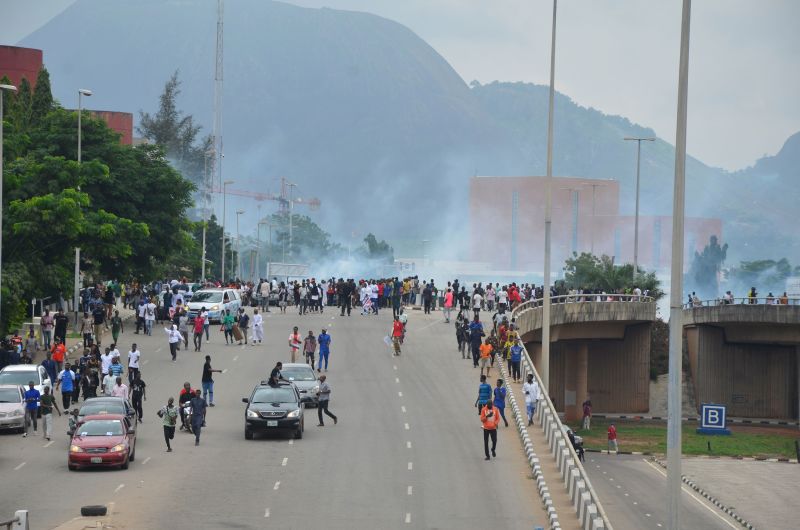
119 Protesters Facing Death Penalty Walk Free as Nigerian Court Drops Charges
The recent decision by a court in Nigeria to free 119 protesters, some of whom were facing the death penalty after the government dropped the charges, marks a significant development in the ongoing struggle for freedom of expression and human rights in the country. The protesters had been arrested during demonstrations against police brutality and bad governance, which swept across Nigeria in October 2020 under the #EndSARS movement. The decision to drop the charges and release the protesters comes after sustained pressure from human rights organizations and international bodies, highlighting the importance of global advocacy in holding governments accountable for their actions.
The #EndSARS protests, which were largely peaceful and driven by young Nigerians demanding an end to police brutality and corruption, were met with a harsh crackdown by the authorities. Security forces responded with excessive force, leading to numerous deaths, injuries, and arrests of protesters. Some of the detained individuals faced serious charges, including terrorism and treason, which carried the risk of capital punishment. The government’s decision to drop these charges and release the protesters is a positive step towards justice and reconciliation in the aftermath of the protests.
The court’s decision to release the protesters sends a strong message that the right to peaceful assembly and freedom of expression must be respected and protected in a democratic society. It also underscores the importance of an independent judiciary in upholding the rule of law and providing a check on executive power. By allowing those who were arbitrarily detained to be set free, the court has shown its commitment to justice and human rights in Nigeria.
However, it is important to note that the struggle for accountability and justice is far from over. Many questions remain unanswered regarding the events that transpired during the #EndSARS protests, including the role of security forces in the excessive use of force and the lack of accountability for those responsible for human rights violations. The government must take concrete steps to address these issues and ensure that all perpetrators are held accountable for their actions.
In conclusion, the court’s decision to release the 119 protesters in Nigeria is a positive development that reflects the importance of respect for human rights and the rule of law. It is a victory for the #EndSARS movement and all those who have been advocating for justice and accountability in Nigeria. Moving forward, it is essential that the government takes further action to address the root causes of the protests and prevent future human rights violations from occurring. The international community must continue to support efforts to promote justice and democracy in Nigeria and hold the government accountable for its actions.
